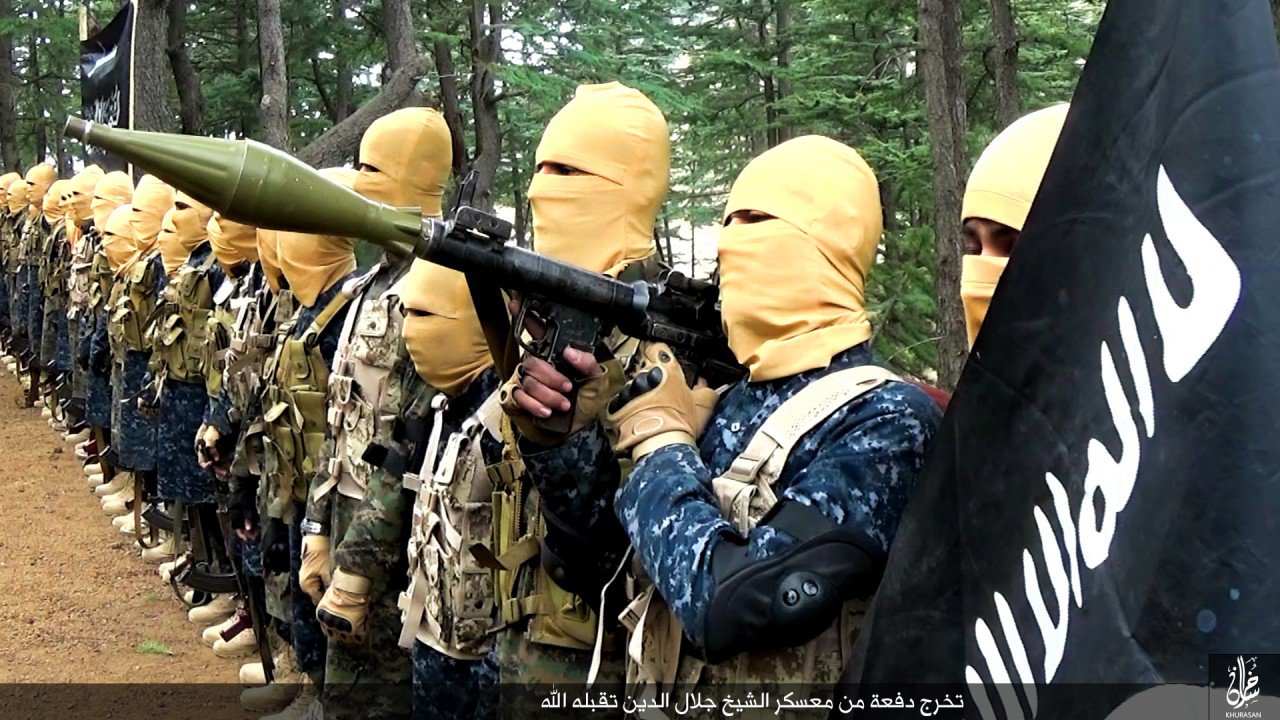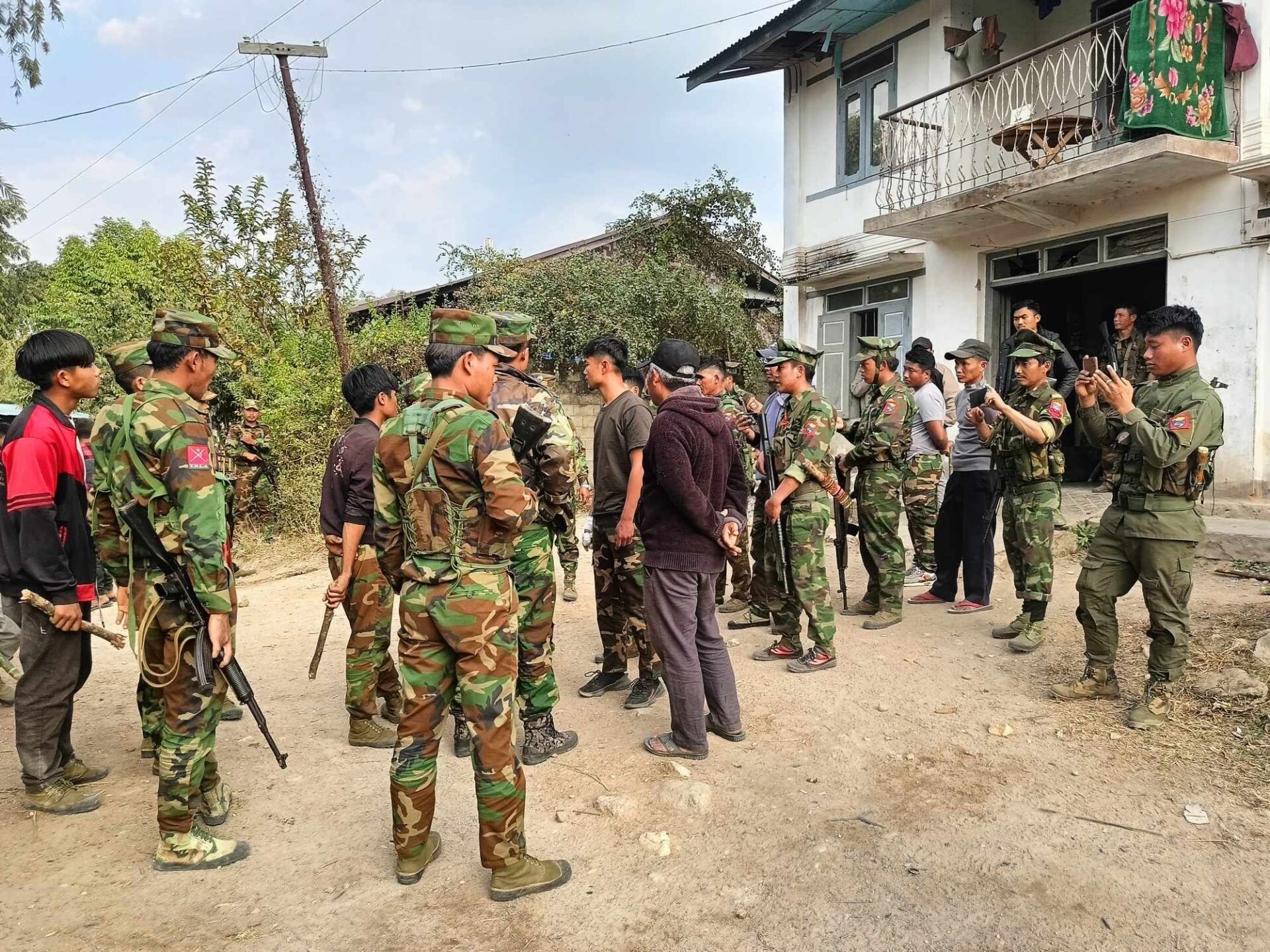The Threat of Terrorism to Kenya
The Threat of Terrorism to Kenya
Debate is brewing in Kenya over the issue of radical Islam in the wake of the global war on terrorism. In a country where both Christians and Muslims have co-existed harmoniously for years, the talk has turned emotional and has been equally controversial. Experts are quick to claim that the prospect of a sustained radical Islamist movement in Kenya in the foreseeable future is remote. Yet there is widespread discontent over the threat posed by militant Islamists in the wake of the 1998 al-Qaeda attack on the U.S. Embassy in Nairobi and the 2002 al-Qaeda attack on an Israeli-owned tourist resort and Israeli airliner in Mombasa.
Bordering troubled Somalia to the east, Sudan and Ethiopia in the north and the Indian Ocean on the southeast, Kenya is regarded as a weak flank in the global war on terrorism. With an area of 225,000 square miles, the East African country has a population of 34 million, with 88 percent living in the rural areas, according to 2006 UN estimates. Of these, Muslims comprise just 10 to 15 percent, while protestants are the largest religious group representing 45 percent of the total population. Roman Catholics form 33 percent. Most religious groups are active throughout the country, but Muslims predominate in particular regions, including the North Eastern Province where the population is chiefly Somali. Islam is also the most dominant religion in the coastal areas. The rest of the country is largely Christian, with some practicing traditional indigenous beliefs.
Recent Terrorism Concerns
In November 2001, Kenyan authorities arrested some 50 Muslims suspected of having business links with Osama bin Laden’s al-Qaeda network. Most of the suspects, who were later released, had reportedly been receiving money from relatives and friends working in Saudi Arabia and the United Arab Emirates. Though arbitrary, the arrests mainly centered on the heavily Muslim populated coastal city of Mombasa.
In March 2003, the British government warned of an imminent terrorist attack in East Africa, stating that there was a “particular threat against Western interests in the Kenyan capital, Nairobi.” The U.S. expressed similar concerns and continued to warn American citizens not to undertake any non-essential travel to Kenya. International flights to and from Kenya, mainly from the United Kingdom, were suspended in mid-May until June 2003 in response to the perceived threat of missile attacks similar to the one in November 2002 in Mombasa. The risk of attacks was linked to the possible presence in Kenya of a suspected terrorist linked to the 1998 U.S. Embassy bombings and the failed attempt to shoot down the Israeli plane in Mombasa in November 2002. Kenya, which earns more than $300 million from tourism every year, blamed both the United States and the British government for issuing the alerts, which hurt the fragile tourism sector, the country’s major foreign exchange earner. Most recently, Kenyan tourism officials have embarked on a promotional campaign to tap tourists from the lucrative Asian market, following a slump in the number of visitors from the traditional U.S. and European markets.
In June 2003, the U.S. Embassy in Kenya closed for five days following reported specific threats of imminent “terrorist” attacks, including the flying of a plane and the driving of a truck full of explosives into the new U.S. Embassy buildings in Nairobi. Three people were later charged with “conspiracy to bomb the U.S. Embassy buildings.”
Anti-Terrorism Legislation
Since the 1998 and 2002 attacks and the subsequent reprisals to bring to justice those involved in the acts, Muslim leaders nationwide have accused the Kenyan government of harassing Muslims on the pretext of stamping out terrorism. In a meeting held on September 6 in the Ugandan capital of Kampala, Islamic leaders drawn from across East Africa said the war on terrorism was unfair to Muslims (The Nation, September 7). Speakers called on Muslims worldwide to work hard to achieve self-sustenance at a time when the fight against terrorism was stifling Islamic relief organizations. At the meeting, Kenyan clerics said the Muslim community in Kenya had become the target of a proposed law drafted in 2003 to fight terrorism. The bill, which has since been rejected by the Kenyan parliament, aimed to counter the increasing threat of terrorism in a country that has suffered two significant terrorist attacks during the last decade. There were fears that the failure of the legislation could sour relations with the United States and Great Britain, which have both demanded to see anti-terrorism legislation in place. The legislation contained controversial clauses, including the possibility of life imprisonment, the extradition of suspects to other countries without the normal legal safeguards, powers for the police to detain terror suspects for unspecified periods of time and the authority to confiscate assets. In addition, it did not provide compensation for anyone wrongly accused of terrorist activities. According to human rights activists, the draft law was a violation of human rights and had been “shoddily drafted” to impress “external forces.”
Unlike Kenya, both Uganda and Tanzania have passed their anti-terrorism bills, attracting major funding from the international donor community. Uganda’s Suppression of Terrorism Act of 2002 and Tanzania’s Anti-Terrorism Law of 2003 empower the state to use all necessary means to investigate terrorist activities and confiscate property belonging to people found to be supporting terrorism. Yet in Kenya, Muslim leaders dismissed their version of the law as a “draconian” document drafted in the United States with the intention of “oppressing” the Muslim community. “It is a bill that uses shock and awe tactics on its citizens while purporting to fight terrorism,” said Billow Kerrow, a Muslim Kenyan opposition politician (The Nation, December 7, 2003). “In my view,” he said, “our government has gone out of its way to harass its citizens…by arresting, detaining, beating and violating their rights, under pressure from Washington.” The government has vehemently denied the allegations, reiterating that its actions in combating terrorism are not targeting any particular group. “No. We are not targeting Muslims or any other community. We have never done so and will not in the future,” said Lawrence Mwadime, a deputy policy commissioner (The Standard, October 2).
On September 21, Kenyan Muslim leaders urged the Kenyan government to cut off diplomatic ties with the United States until it explained why President George W. Bush discussed Kenya’s political stability with Tanzanian President Jakaya Kikwete. The Council of Imams and Preachers of Kenya (CIPK) also demanded that Tanzanian authorities give a detailed account on the meeting at which their leader allegedly discussed Kenya’s affairs, contrary to the tenets of the East African Community (The Nation, September 23). In July 2000, the United States agreed to help Tanzania strengthen its capacity to act against financial crimes and terrorism. Since then, FBI agents have been training Tanzanian police in criminal investigation techniques.
Tensions have been high between the Muslim community and the Kenyan government. Muslims on the coast, the northeast and in Nairobi complain that they have been persecuted on the flimsy excuse of being terrorist suspects. The government-funded Anti-Terror Police Unit has been allegedly fleecing businesses belonging to ethnic Somalis and Arabs on the claim that they finance terrorists (Reuters, May 24). The unit was set up in 2003 to probe Kenya’s Islamic militants, including the recovery of missiles and the forging of links to friendly foreign security services. Its operations, however, have been adversely hampered by the lack of a central government in chaotic Somalia, since security officials fear that extremist groups still take refuge in the volatile Horn of Africa country.
Islamic groups have held demonstrations in the country’s two biggest cities, Nairobi and Mombasa, denouncing the U.S., British and Israeli governments for their actions toward Islam. Most recently, demonstrators in the coastal city of Mombasa burned the flags of the United States and Israel amid chants of jihad in protest of the conflict between Israel and Hezbollah. In Mombasa, roughly 60 percent of the population is Muslim.
Al-Qaeda’s Financial Assets
Although considerable mystery still surrounds the al-Qaeda terrorist network and its financial sources, it is claimed that Muslim charity organizations founded to help the poor in northern Kenya and Somalia have been used to fund al-Qaeda. Working with sympathizers inside the charities, al-Qaeda is said to have used humanitarian funds for terrorist attacks in Kenya, Tanzania and Indonesia. In one case, donations to the al-Haramain Foundation to support Islamic preachers ended up in the pockets of a suspect in the November 2002 bombing of the Israeli hotel in Mombasa (Associated Press, June 6, 2004). Quoting U.S. officials, the report said that a fish business financed with charity funds also steered profits to the al-Qaeda cell behind the August 1998 bombings of the U.S. Embassies in East Africa. The officials, most of whom spoke on condition of anonymity, cited intelligence garnered from informants, interrogations of suspects, documents seized from charities and communication intercepts (Associated Press, June 6, 2004).
In the 1990s, al-Qaeda ran a series of international businesses from a safe haven in Sudan (Strategic Insights, January 2005). The business ventures included an oil company, Wadi al-Aqiq, and an import-export outfit named Ladin International. The al-Barakat, a Somali organization whose main activities included running a telecom service, a bank and a money remittance (or Hawala) system, was also accused of skimming fees from remittances sent by expatriate Somalis to finance al-Qaeda terrorist activities.
Conclusion
Overall, Kenya is susceptible to terrorism, especially due to the government’s close relationship with the United States and other Western democracies. The influx of Somali refugees crossing into the country from war-torn Somalia is another reason why the international community should worry about the country’s internal wrangles. It is reported that over 25,000 new refugees from Somalia have entered Kenya as a result of the Islamic courts taking power. There are genuine concerns that Islamic radicals may be using this refugee flow to smuggle weapons and people into Kenya to engage in terrorist attacks against Western interests. While it has been four years since the last al-Qaeda attack in Kenya, the country must remain vigilant to prevent a new incident from occurring.


